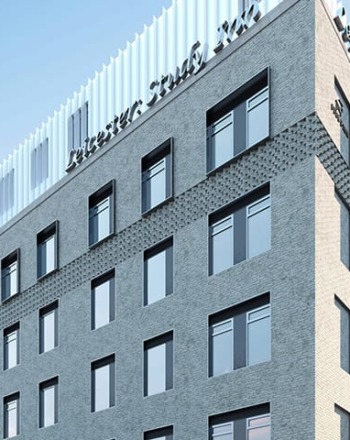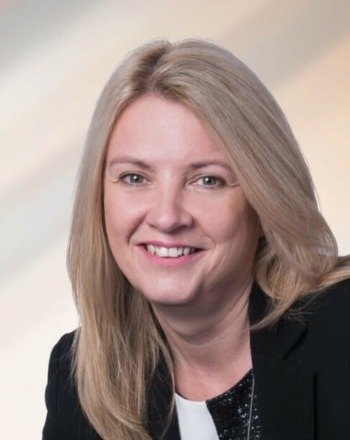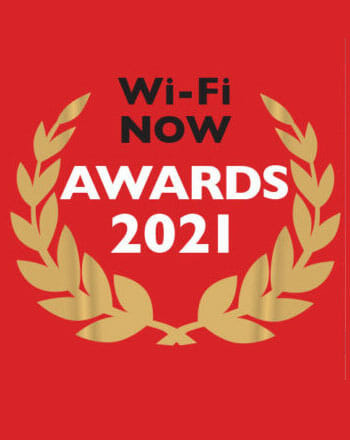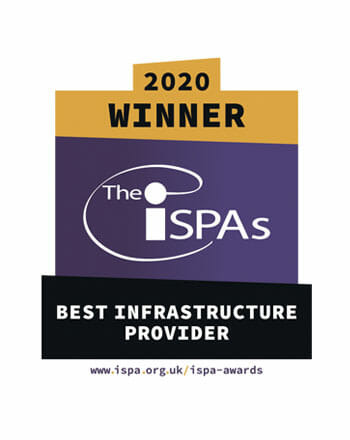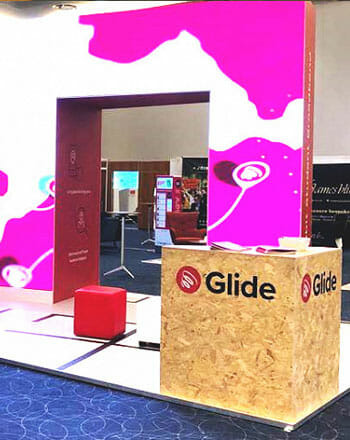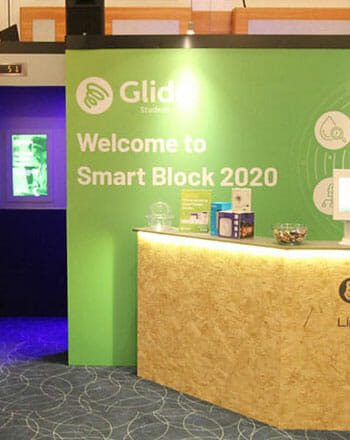by Danny Wyrwoll, Sales Director at Glide
As the demand for Houses of Multiple Occupation (HMOs) has increased, so too has the interest from investors and developers. With the recent rise in the cost of living, HMOs have become increasingly more attractive for tenants whose wages no longer stretch as far as they previously had. With financial concerns on the minds of many renters, 57% of tenants report that they reside in HMOs to reduce housing costs. During these challenging times, it is imperative for HMO tenants to select the most appropriate utility provider that will offer them the best possible deal.
Since 2015, there has been a noticeable rise in young professionals opting to live in HMOs. Furthermore, it is more likely that this demographic of renters will be most adversely affected by the ongoing cost of living crisis. In order to relieve the pressure placed upon young professionals, a range of measures could be introduced to simplify the billing process for tenants. The simplification of billing can be mutually beneficial for both landlords and tenants alike, with tenants receiving the best possible deal and landlords being assured that tenants can pay accordingly. In addition, with a fixed monthly amount for all bills, tenants and landlords can budget more effectively.
Landlords who offer all-inclusive bills for their HMO properties could implement a number of solutions to make their billing process more economical:
Install a Smart Meter
Smart meters aid in solving the problem of inherited bills from previous tenants, and make it easier to settle an account when moving out. Smart meters also provide tenants with a true indication of their total energy consumption, flagging inefficient appliances and offer insights into how tenants can reduce consumption to cut costs.
Track Utility Usage
When offering an all-inclusive rental package to tenants, it is vital that landlords have a perspective of the monthly utility usage of their HMO occupants. Managing these bills will ensure that utilities are paid in full and in due time. Having oversight of the utility record of tenants allows landlords to set a ‘fair usage cap’ on supplied energy, and consequently reclaim the cost of over usage.
Property Improvements
For landlords who provide an all-inclusive utility package, it may be worthwhile to invest in energy-efficient improvements in HMO properties. Improving insulation, upgrading existing boilers as well as using more energy-serving appliances are all options to reduce costs for landlords offering utilities packages, as well as for professionals liable for bills in HMOs. Additionally, there is talk of the government raising the minimum EPC rating for rental properties, with the above changes putting landlords ahead of these potential changes whilst also saving money.
Shop Around
Although there may not be much money to be saved in the current crisis, this could soon change in the coming months. Landlords who offer all-inclusive bills ought to keep an eye on upcoming trends amongst utility providers, and potentially make a switch when it is economical to do so.
The Bottom Line
In order to simplify the billing process for tenants, the responsibility of rent and utilities needs to be shared. The landlord cannot simply hold one ‘manager’ responsible to gather all payments or pay the shortfall out of their own pocket. Splitting the bills into equal parts and keeping each tenant responsible for their own portion will ensure that tenants are happy and that bills get paid on time.
What’s more, bill splitting reduces the financial burden and responsibility on one tenant to pay and manage all the bills for the house. Communication and transparency are key to ensuring that tenants and landlords are satisfied when it comes to HMOs. Communicating any changes in billing and remaining transparent about energy usage will be mutually beneficial for all parties involved.









